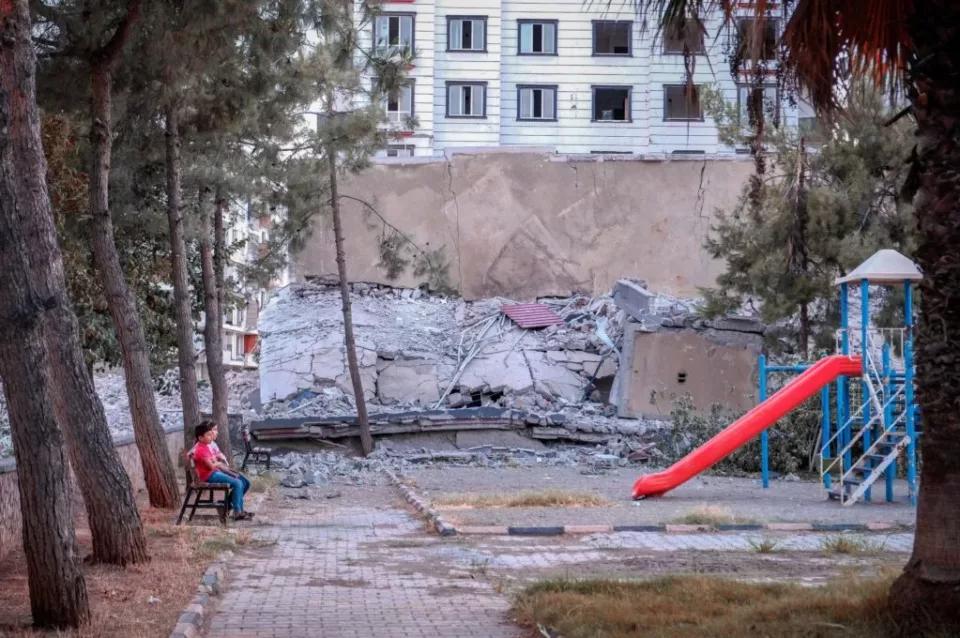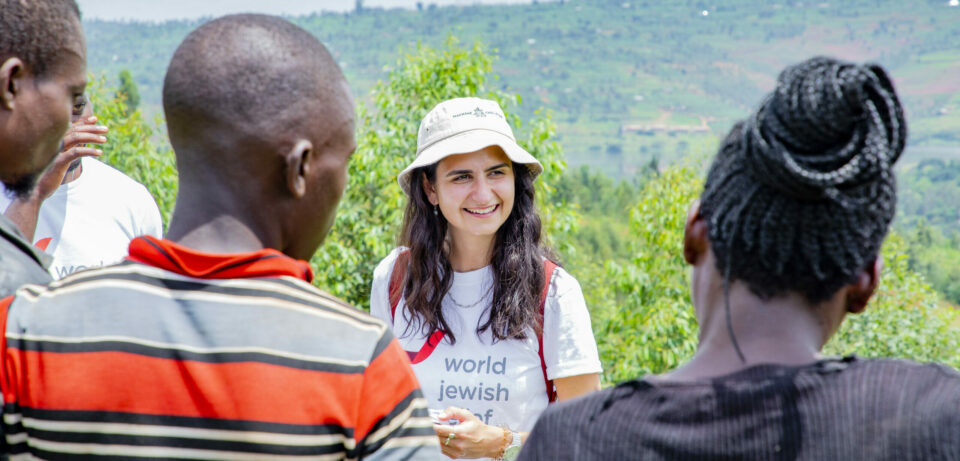By Kai Hopkins, Head of Humanitarian Programmes
Describing my job to my three young daughters is relatively easy – “I try to help people who need it”. They understand it and even at their age, can imagine what it entails. Of course, the realities are always more complex, and in many cases my job is actually to help people support themselves and rebuild their own lives, but regardless – my job is all about those who need help.
So, what happens when we can’t help? What happens when we are unable to support those who are in desperate need – when we have to do the exact opposite of what we feel compelled to do, and do nothing. I will tell you – it’s tough, really tough. But sometimes, however hard it might be to do, saying ‘no’ is the right decision.
This week has been heart-breaking across North Africa. The devastating earthquake that hit Morocco late last week coupled with the horrific flooding in Libya has impacted millions. Whole villages have been reduced to rubble, and the consequences will be felt for years to come. I know from our work following the earthquake in Turkey earlier this year that the psychological impact of such events can be catastrophic and will leave deep scars long after every house and road has been rebuilt.
Within 48 hours of the Moroccan earthquake, we had launched our appeal, and are collaborating with our long-term partner, the Joint Distribution Committee, to support the Moroccan Jewish Community and local partners to deliver emergency shelter in the remote High Atlas region. Working through trusted local actors means we can reach those most in need. We will not however, be responding in Libya, despite the distressing scenes playing out in the news.
For a start, we have no history of responding in Libya, nor do we have a well-placed local partner ready to act, which, for World Jewish Relief, is so critical in order to deliver high quality, relevant support. Compare that to Ukraine where we had over 25 partners mobilising in the immediate hours after the Russian invasion in February 2022 began, or to Haiti where within days of the large 2021 earthquake we were, through our established partner, reaching vulnerable communities with basic supplies. In Libya, our lack of local partner is a constraint. In addition, while responding in challenging conflict settings is not new to us – we have recently responded in Afghanistan and in Tigray in Northern Ethiopia – our lack of a local partner in Libya makes access in the eastern part of the country particularly hazardous, and we are committed to ensuring the safety of all those who work on our behalf.
In light of this, we have had to be honest with ourselves – we are not well-placed to respond in Libya, and in the face of such desperate need, we had to do the hardest thing and say ‘no’. But that does not mean we don’t care – our heart goes out to the people in Libya affected by this crisis, and we hope they get the support they need.
In the meantime, we will continue to work tirelessly in the places where we can help contribute to real and lasting change. Be that in Ukraine, where we continue to work with our 25 plus partners; or in Ethiopia where civil war is once again wreaking havoc on the lives of innocent civilians; or after the earthquakes in both Turkey and Morocco, where we are committed to supporting with immediate needs and longer-term recovery.
Fuelling so much of our rapid-response work is our Disaster Fund, a small pot of money we can leverage to respond within hours to the various disasters that sadly happen year in, year out. This ability is key to enabling our trusted local partners, thoughtfully located across the globe, to respond not only as soon as a crisis happens, but sometimes even before it has happened. We can use this fund to act while we are setting up appeals, or in instances where we are not going to appeal – for example, to smaller, under the radar disasters. Over the last year this fund has enabled us to respond to drought in Kenya, flooding in Uganda, a typhoon in Philippines, malnutrition in Ethiopia, and an earthquake in Nepal. We are deeply thankful to all our supporters who help fund our work, especially to those who contribute to the Disaster Fund, and allow us to respond quickly and effectively to disasters all over the world. Saying ‘no’ may be hard, but it is much easier when we can say ‘yes’ to so much more.





